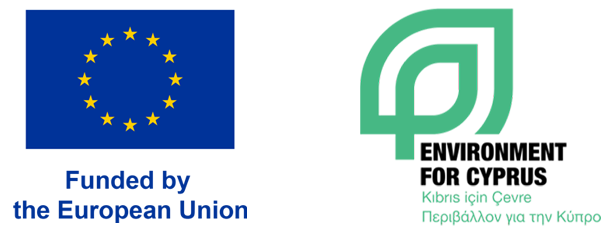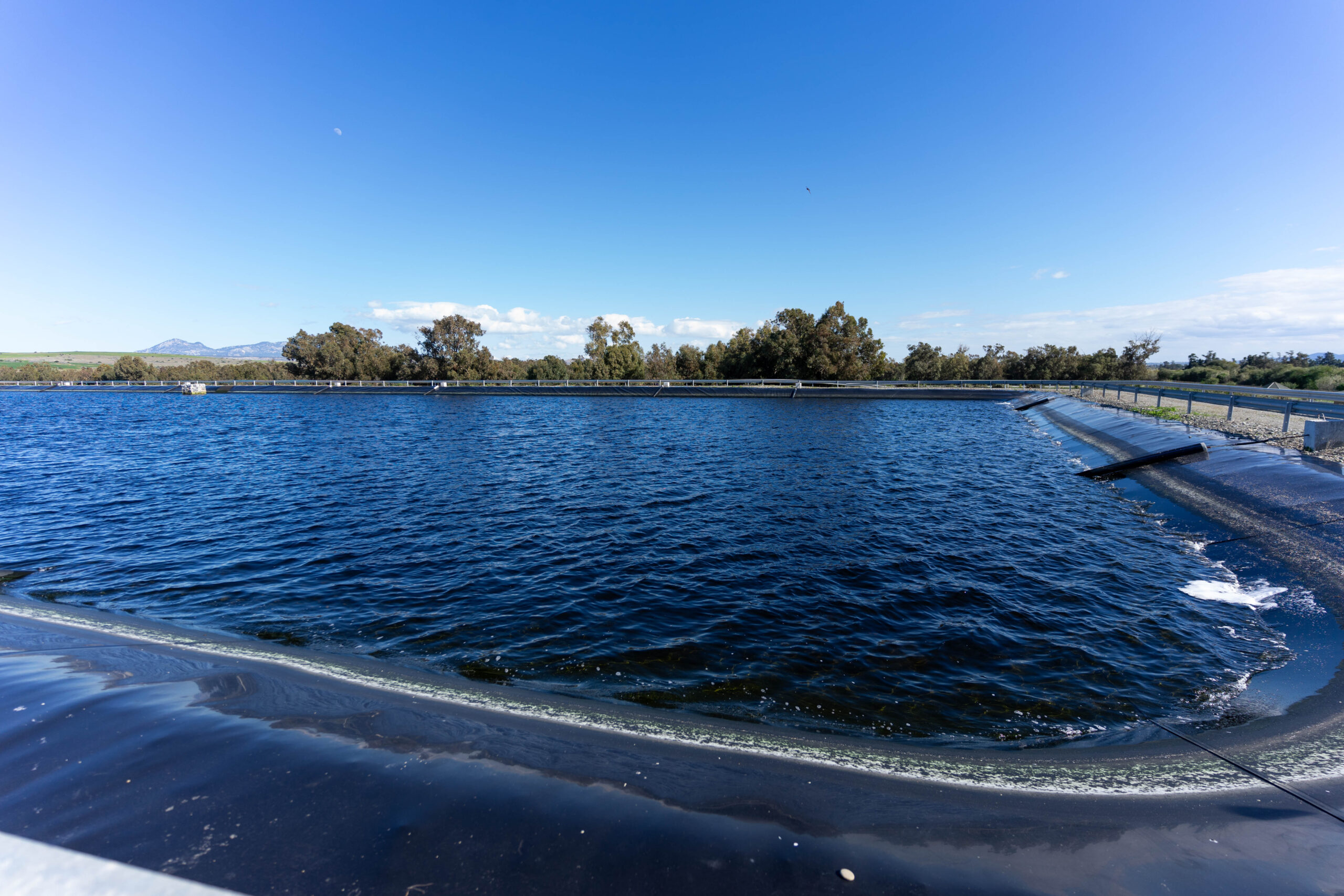05 May 2025, By Bengü Rızza | Environmental Engineer
On an island like Cyprus, where water resources are limited, wastewater management goes beyond mere environmental protection, it is a fundamental component of sustainable development and public health. So, how can we be sure that our wastewater is truly under control?
This is where the Continuous Effluent Monitoring System (SAIS) comes into play. This innovative system automatically measures the effluent from treatment plants before it is released into the environment, sharing the data with relevant authorities in real time. Not only does SAIS help prevent pollution, but it also plays a vital role in preserving and promoting the reuse of our precious water resources.

Why is SAIS of Vital Importance?
SAIS not only monitors effluent but also supports the implementation of modern approaches to water management:
- Real-Time Data Tracking: Continuous, remote, real-time monitoring of pollutant parameters enables swift intervention when limit values are exceeded.
- Regulatory Compliance: It ensures that facilities meet all legal requirements.
- Rapid Intervention: Early detection of potential issues allows for prompt resolution before they escalate into major problems.
- Continuous Improvement: It enhances the operational efficiency of treatment facilities.
- Prevention of Environmental Disasters: Timely detection of pollutants that could harm marine and terrestrial ecosystems is made possible.
- Cost Savings and Efficiency: Optimal resource utilization is ensured within treatment plants.
- Sustainable Environment: It promotes the most efficient use of effluent resources and contributes to the preservation of water resources.
- Social Awareness: It helps raise public consciousness about the importance of protecting our water resources
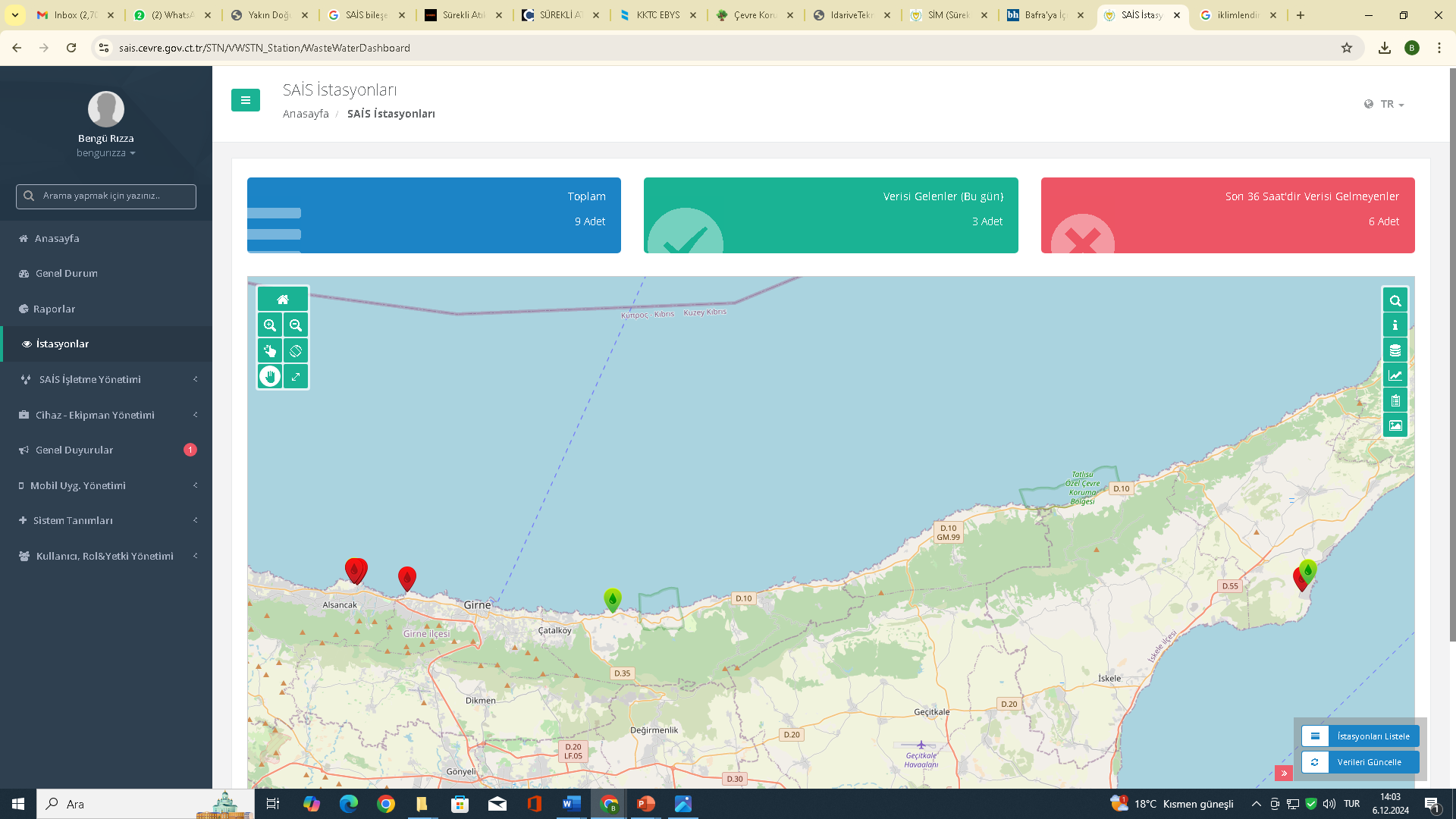
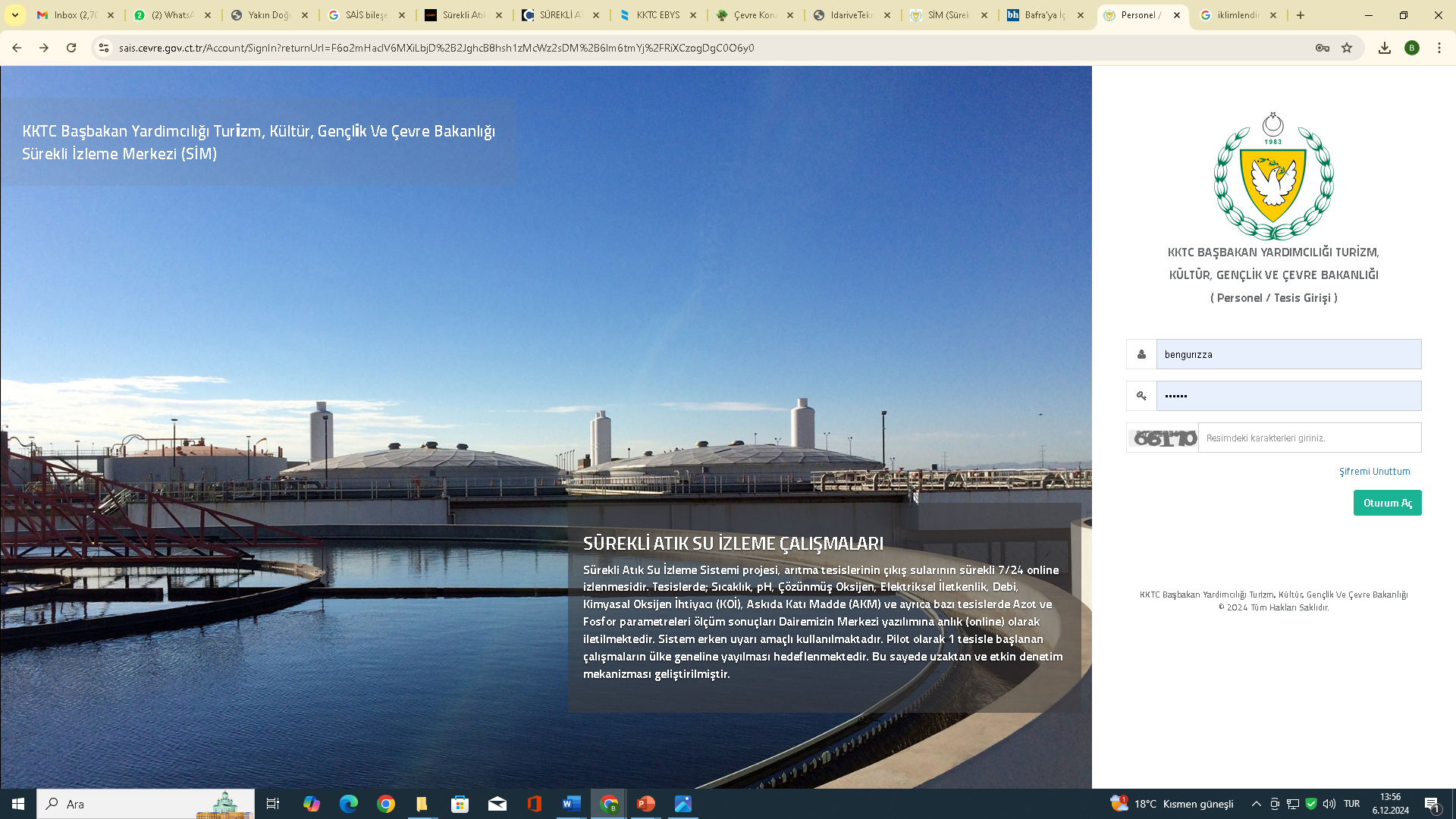
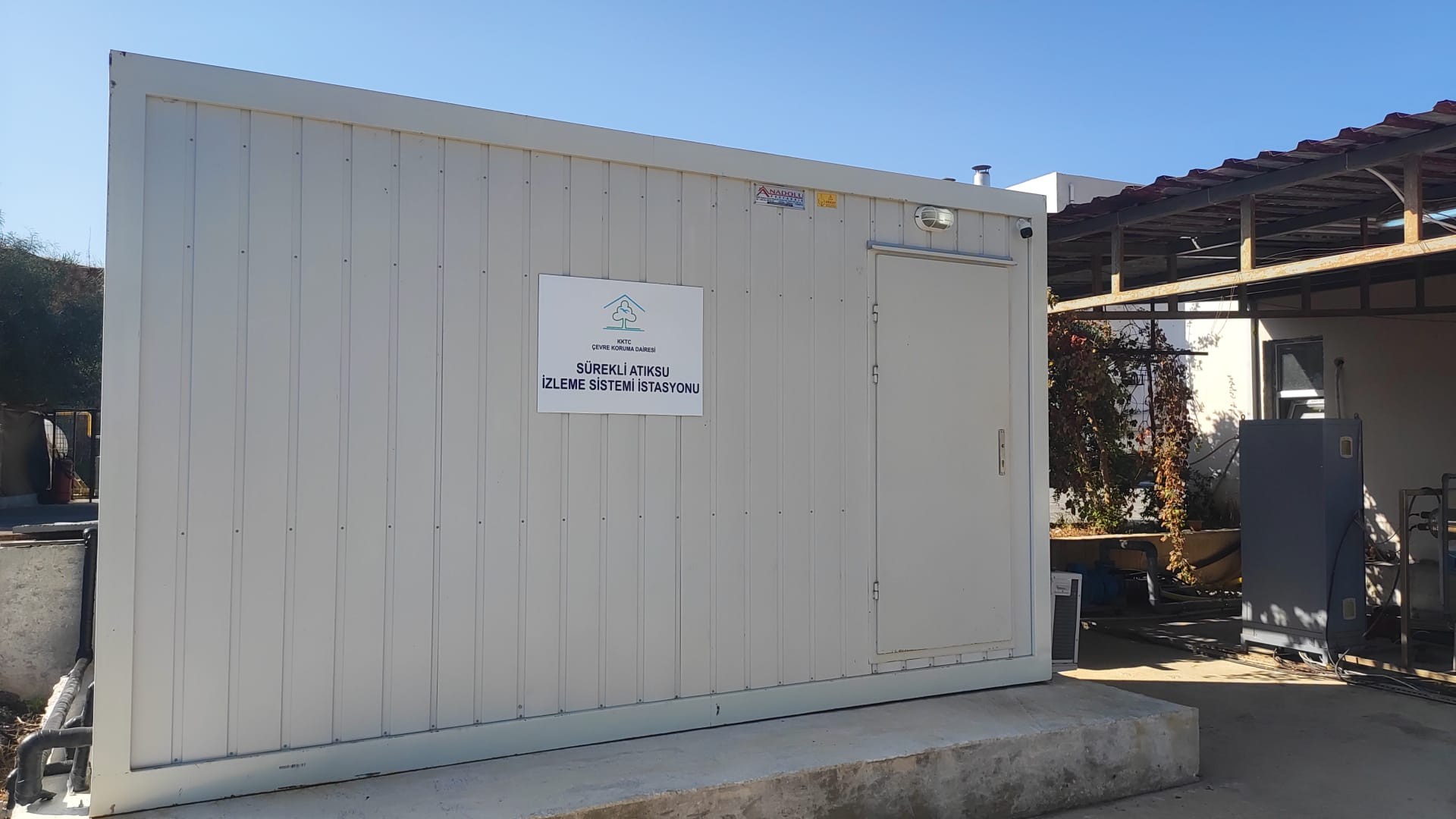
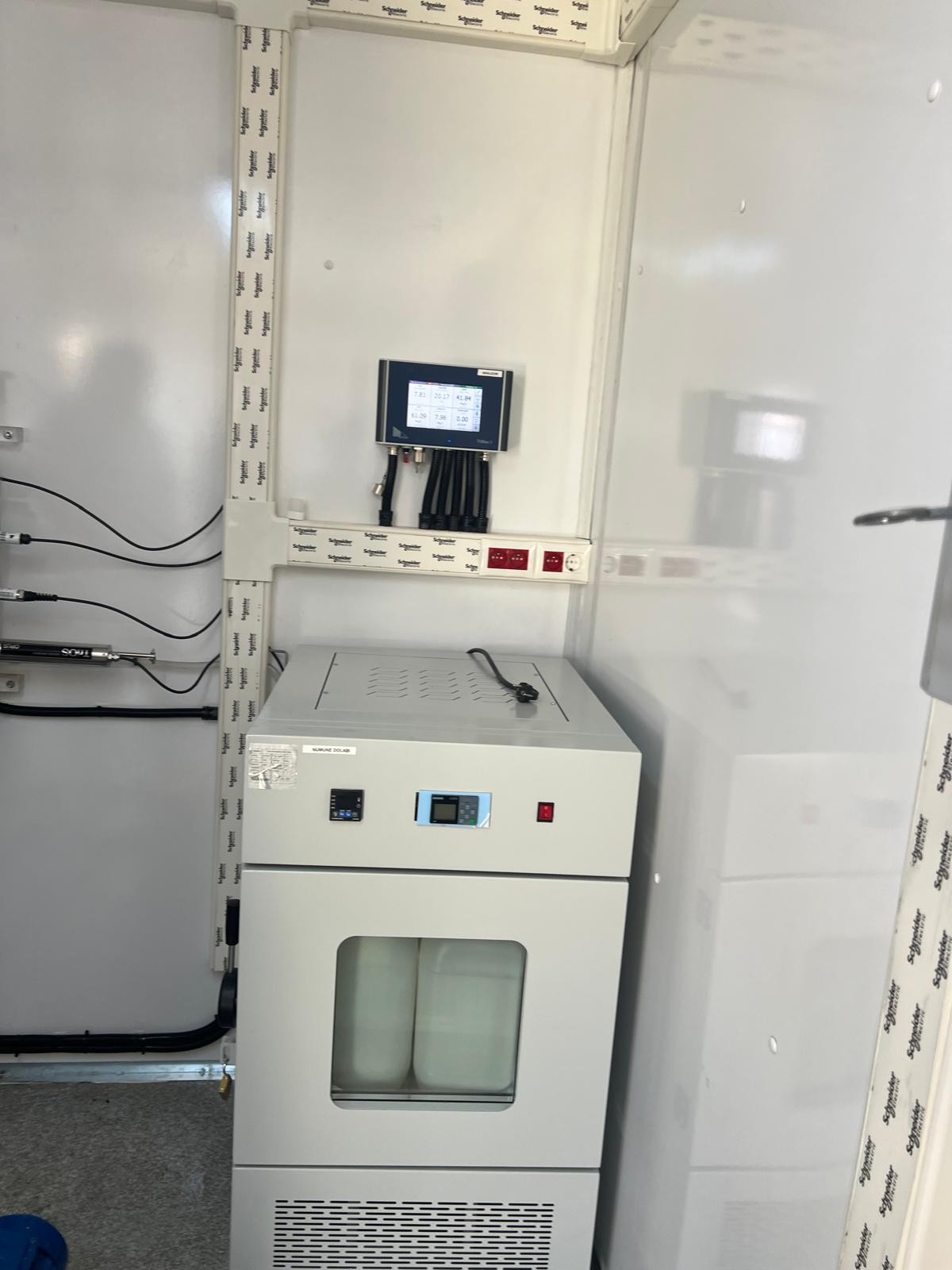

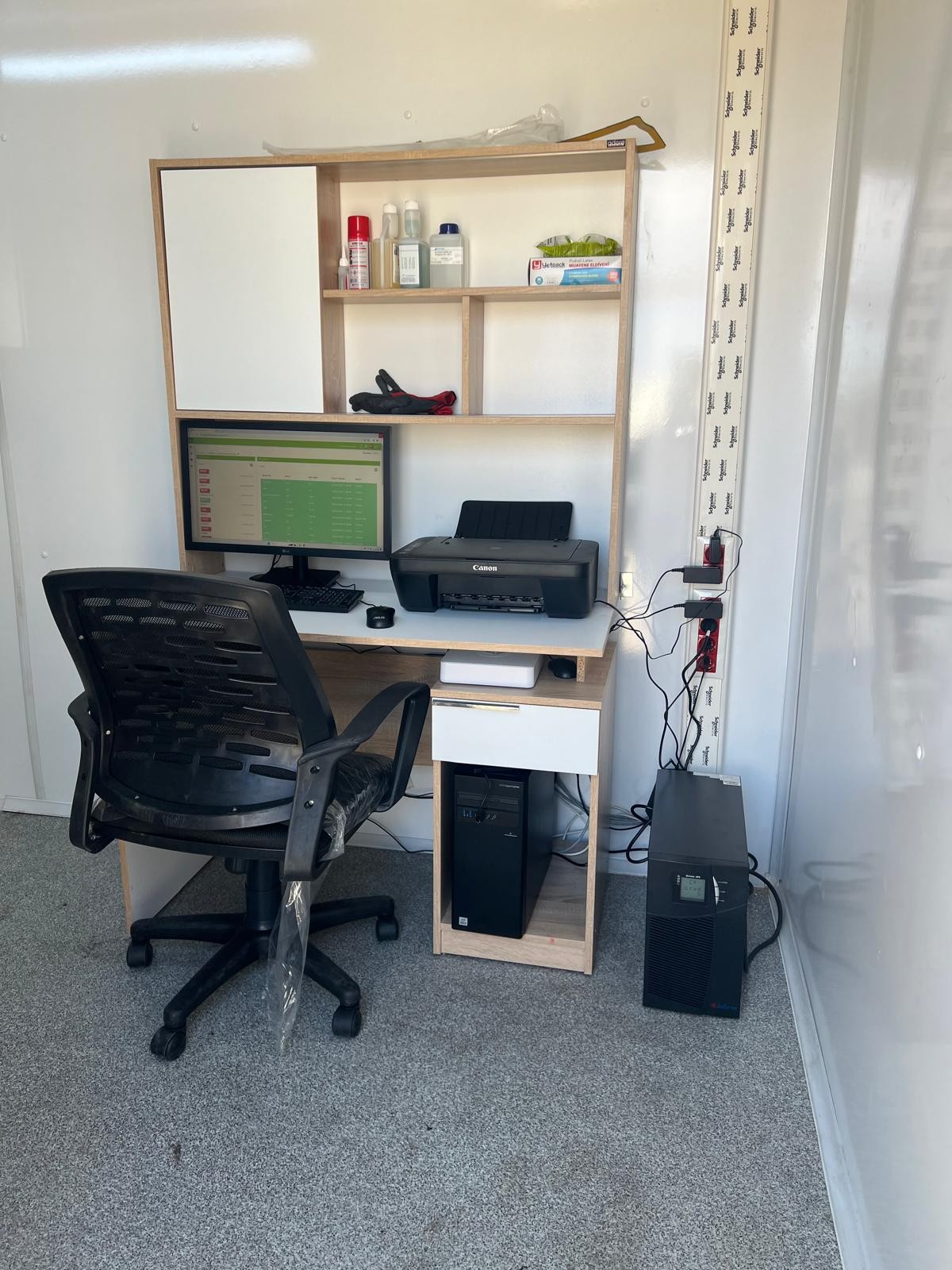
SAIS Applications in Cyprus
In Cyprus, SAIS is utilized to monitor the discharges from various water treatment systems, ranging from treated wastewater and cooling water to seawater reverse osmosis. With the regulation enacted on December 14, 2022, it has become mandatory for all facilities that perform deep-sea discharges to be integrated into the SAIS network.
Under this framework, key parameters such as pH, temperature, dissolved oxygen, conductivity, flow rate, chemical oxygen demand, suspended solids, nitrite, and nitrate in the effluent are continuously monitored. The collected data is then transmitted to the central database of the ‘Environmental Protection Department.’
The first pilot project was launched at the Bafra Wastewater Treatment Plant, and so far, a total of six facilities have been integrated into the system—five wastewater treatment plants and one reverse osmosis (RO) facility. By 2025, an additional four facilities are planned to be connected to the network.
Key Advantages of SAIS for the Private Sector:
- Operational Efficiency: Real-time monitoring optimizes water and energy use, reducing operating costs.
- Regulatory Compliance: SAIS facilitates full adherence to environmental regulations, helping avoid penalties and sanctions.
- Corporate Responsibility and Reputation: Environmentally conscious production processes build trust among consumers and investors, enhancing brand value.
- Cost Advantage: Early detection of pollution issues prevents large-scale fines and costly repairs.
- Sustainability Reporting: Companies can transparently communicate their eco-friendly practices with solid data that contribute to their sustainability strategies.
- Reuse in Industry and Agriculture: Utilizing treated wastewater in industrial cooling systems or agriculture can lower water costs and promote resource conservation.
For these reasons, investing in SAIS applications is a smart move for businesses in the sustainable development, industrial, agricultural, and energy sectors. In the long run, such investments will deliver significant environmental and economic benefits.
Contributions and Benefits of SAIS to Public Health
Wastewater management is not merely an environmental issue; it is a critical concern that directly impacts community health. When wastewater is released into nature without adequate treatment, it can lead to land degradation, contamination of drinking water sources, intrusion into the food chain, and serious public health problems. SAIS plays a key role in minimizing these risks, ensuring that our environment and our health, are better protected.
Contributions to Public Health:
- Prevention of Water Pollution: Continuous monitoring of pollutant parameters helps prevent the contamination of drinking water sources.
- Prevention of Public Health Diseases: It curbs the spread of diarrhea, hepatitis, and parasitic diseases that can arise from inadequately treated wastewater.
- Seafood Safety: By preventing wastewater pollution in coastal areas, the safety of seafood is ensured, thereby protecting public health.
- Clean Beaches and Sustainable Tourism: Maintaining water quality in swimming areas allows the public to enjoy the sea safely, enhancing the sustainability of tourism.
Enhanced Quality of Life: Reducing issues such as foul odors and the proliferation of flies and pests linked to polluted water sources creates healthier living conditions.
Clean water sources and healthy ecosystems are indispensable for public health. Expanding the use of systems like SAIS is so critical, it not only protects our environment but also ensures that communities can enjoy a healthy, sustainable quality of life.
Protecting Our Seas and Water Resources: Steps Toward the Future
Cyprus is an island of unparalleled natural beauty, but its limited water resources demand innovative water management solutions. When treated wastewater reaches acceptable quality levels, it can be repurposed for landscape irrigation, agriculture, and industrial applications.
Instead of simply increasing the number of facilities discharging into the deep sea, our primary goal should be to optimize the use of existing water resources. Initiatives, such as using treated wastewater from the Mia Milia/Haspolat Wastewater Treatment Plant and the Famagusta Wastewater Treatment Plant for animal feed cultivation—should be widely adopted.
It’s Time to Act!
Safeguarding our seas and natural resources is a shared responsibility for everyone in Cyprus. Thanks to innovative systems like SAIS, managing treated wastewater can become more transparent, efficient, and environmentally-kind. However, for a truly sustainable future, it is critical to expand the system’s scope beyond just the marine environment and include all receiving bodies.
Of course, no single system can resolve every issue on its own. Yet, by enacting the necessary legal frameworks, ensuring adequate funding, and acting with a deep understanding of water’s value, we can make a significant impact in preserving Cyprus’s environmental legacy.
We all have a role to play! By learning more about environmental monitoring systems like SAIS and working to enhance institutional awareness and capacity, we can strengthen the collaboration between the private sector and regulatory bodies—an essential step toward more effective environmental management.
Do not forget! Clean seas, healthy ecosystems, and a sustainable future require us all to take responsibility and become part of this transformative change. Now is the perfect time to step forward!
Bengü Rızza
Discover MoreThe content of this blog is the sole responsibility of the author and do not necessarily reflect the views of the European Union.
